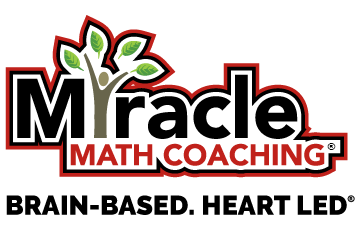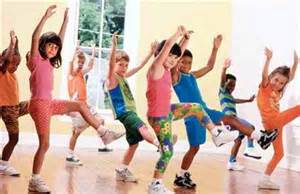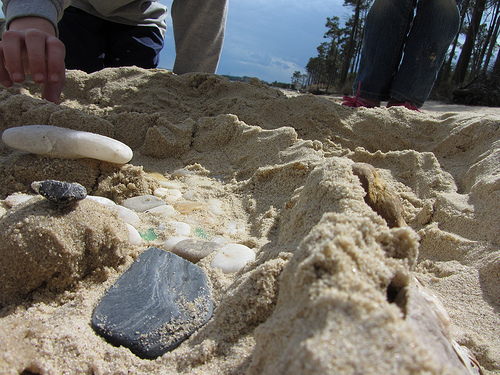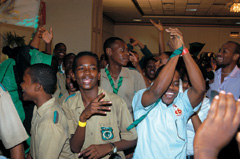Exercising the Body is Good for the Brain
By Deanna Hurn, Founder and Executive Director of Miracle Math Coaching
One of the most popular New Year’s Resolutions is exercising more. But you might not know the importance of exercise in your child’s academic life. Check out a favorite post of mine about how moving around helps students excel.
Students who forgo the remote control or joy stick for a bike or football are more likely to earn better grades and feel less stress, according to several studies.
In a 2007 study published in the Journal of Sport & Exercise Psychology, Hillman put 259 Illinois third graders and fifth graders through standard physical education routines such as push-ups and a timed run, and he measured their body mass. Then he checked their physical results against their math and reading scores on the Illinois Standards Achievement Test.
“There was a relationship to academic performance,” says Hillman. “The more physical tests they passed, the better they scored on the achievement test.” The effects appeared regardless of gender and socioeconomic differences, so it seems that regardless of his or her race or family income, the fitness of a child’s body and mind are tightly linked.
“Memory retention and learning functions are all about brain cells actually changing, growing, and working better together,” says John J. Ratey, clinical associate professor of psychiatry at Harvard Medical School and the author of Spark: The Revolutionary New Science of Exercise and the Brain. “Exercise creates the best environment for that process to occur.”
Miracle Math Coaching’s innovate Summer program includes Cognitive Aerobics, exercises aligned with a Yale University study tying physical activity to improved working memory.
As I’ve written before, in a 2009 University of Rome study, pre-adolescents who exercised before taking a memory text scored higher than those who didn’t exercise. If your children are having trouble memorizing spelling words or remembering what year the French Revolution ended, have them take a timeout – to ride a bike or do jumping jacks.
Just as important as how exercise improves academics is how it can strengthen family bonds. We get so busy sometimes that we sacrifice spending time with our loved ones. Sure, your pre-teens and teens would rather walk to China and back than hang out with their parents and siblings. So, bribe them. An afternoon with the fam, and they can stay up an hour later or skip washing dishes for a night.
Ways to get moving as a family are endless. You can initiate a bike ride, go hiking, play soccer or go bowling (some alleys have bumper bowling for the little ones). Ask other families to join you in a game of basketball or tag football. A bonus: activity is great for your own brain, too.
My husband, daughters and I like to train together with our family trainer every Saturday and at least twice during the week. That’s a minimum of three days a week of family exercise, and it has really made a difference bringing us all closer together. The girl’s ability to focus and retain and process information has also improved, especially since they also attend our summer camps in which we do Cognitive Aerobics outside.
So get up, and get moving. And don’t forget to call or visit my website if you sincerely want to give additional academic support to your child. They don’t have to go it alone.
Our website is http://www.miraclemathcoaching.com or call me at 707-398-3474, ext. 2700. Miracle Math Coaching is an award-winning, student-focused service with a track record of boosting academic achievement. But we are also a group of educators who are loving parents just like you!







